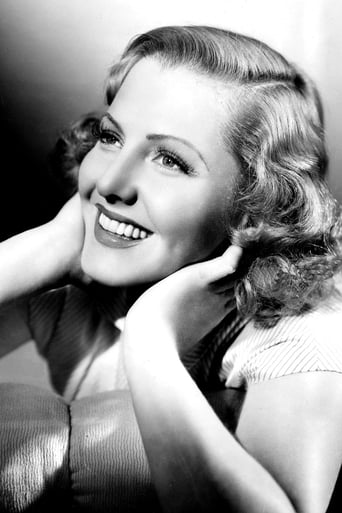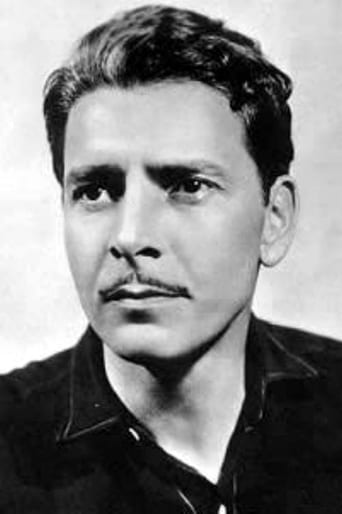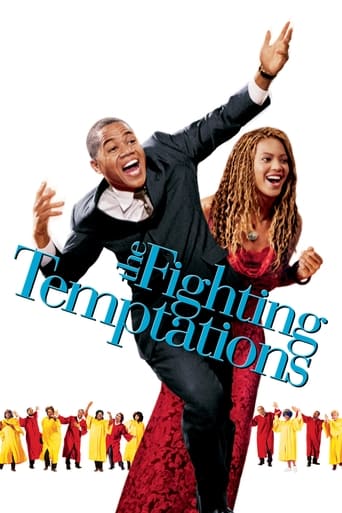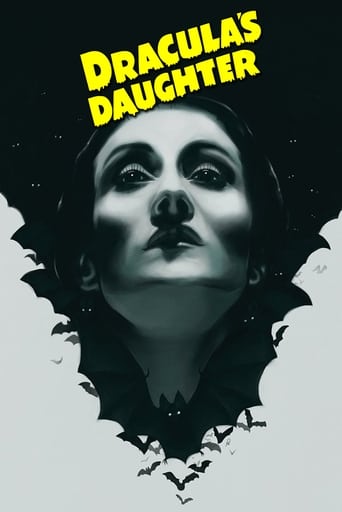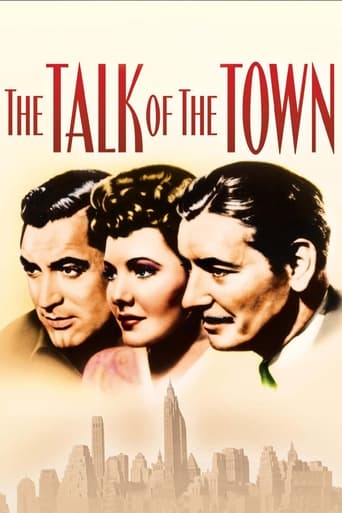
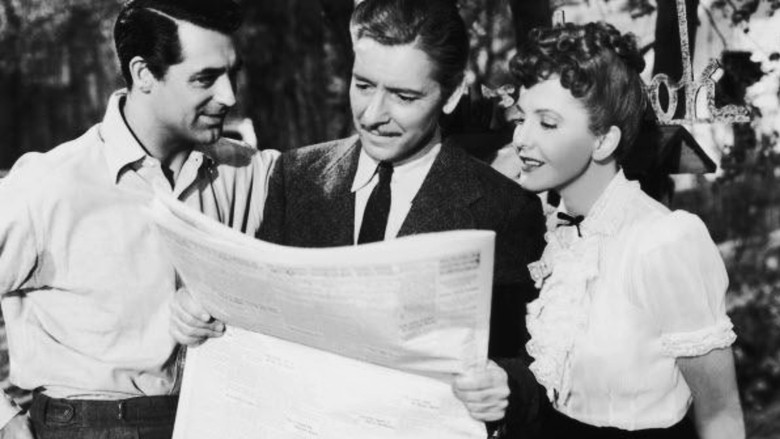
The Talk of the Town (1942)
When the Holmes Woolen Mill burns down, political activist Leopold Dilg is jailed for arson and accidental murder. Escaping, Leopold hides out in the home of his childhood sweetheart Nora Shelley... which she has just rented to unsuspecting law professor Michael Lightcap.
Watch Trailer
Cast
Similar titles
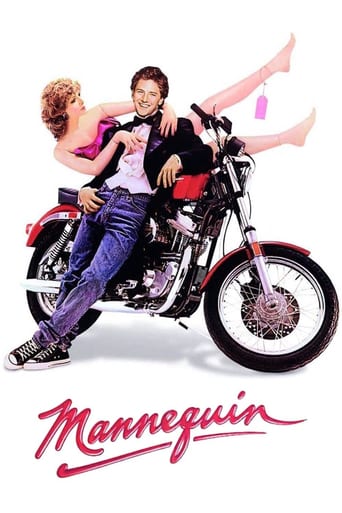
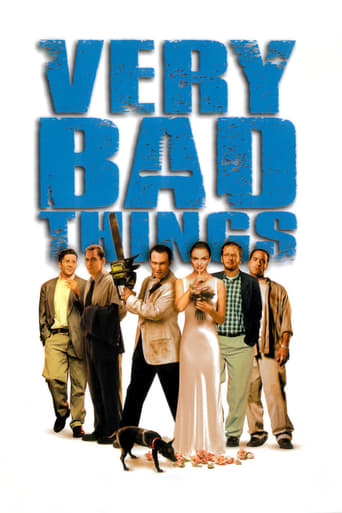
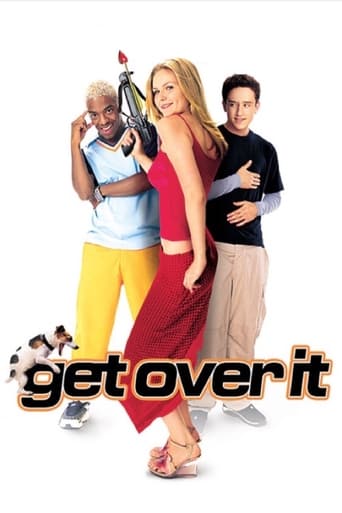
Reviews
Waste of time
Truly Dreadful Film
This movie was so-so. It had it's moments, but wasn't the greatest.
This is one of the few movies I've ever seen where the whole audience broke into spontaneous, loud applause a third of the way in.
An essential comedy drama from producer-director George Stevens that features an outstanding cast: the powerhouse triumvirate of Cary Grant, Jean Arthur, and Ronald Colman in leading roles, and a solid supporting cast headlined by Edgar Buchanan.Nominated for Best Picture, it also received Oscar nominations for Sidney Harmon's original story, its Sidney Buchman-Irwin Shaw screenplay, its B&W Art Direction-Interior Decoration and Cinematography, Editing and Score. Dale Van Every is credited for writing the adaptation. Though an early work for Shaw, who wrote the play that became Out of the Fog (1941), Buchman brought significant (screwball, comedy) credentials to the project - Holiday (1938) with Grant, Mr. Smith Goes to Washington (1939) with Arthur, an Oscar win for Here Comes Mr. Jordan (1941); he'd also just worked with Grant on The Howards of Virginia (1940).Grant and Arthur had successfully collaborated with Howard Hawks on Only Angels Have Wings (1939). Arthur and Stevens would work again on a similarly subtle political comedy The More The Merrier (1943) and the actress's last picture, the quintessential Western Shane (1953). But this film represents the only time that the two suave Britishers would ever appear together on screen.Colman plays Judge Michael Lightcap, a law professor come Supreme Court nominee from Boston that's renting a house in Lochester for the summer (to write a book) from schoolteacher Miss Nora Shelley (Arthur), the prettiest girl in town per Leopold Dilg (Grant), a fugitive who's hiding out in Shelley's attic after being framed for arson. Because Lightcap is unaware of this harboring situation, and Dilg is unable to travel per an ankle sprained during his escape, Nora tells the judge that the fugitive is her gardener named Joseph. The two men become fast friends despite but because of their differing points of view on the law - stuffy Lightcap's is theoretical whereas practical Dilg's is more reality based - and mutual love of chess.Buchanan plays Sam Yates, a local lawyer that's also a former classmate of Lightcap's; he and Nora try to get Lightcap involved in Dilg's case even though the judge wants and needs to remain uninvolved per his pending nomination/confirmation to the Supreme Court bench. During the course of events, both Lightcap and Dilg become attracted to Miss Shelley.
Mill worker Leopold Dilg (Cary Grant) is on trial for arson which burned down the mill and killed the foreman. He escapes and finds shelter in former schoolmate Nora Shelley (Jean Arthur)'s home. He injures his ankle and pleads his innocence. She's a schoolteacher who is renting out her home. Distinguished Harvard law professor Michael Lightcap (Ronald Colman) arrives at the same time planning to write a book. Dilg can't walk and Lightcap discovers Nora. Nora pretends to be in a fight with her mother. She enlists the help of lawyer Sam Yates. Socially conscious Dilg doesn't agree with Lightcap's views and has to challenge him. Nora passes him off as her gardener.The comedy strikes a very odd tone in a crime drama. It's just strange to have this slapstick fast-talking broad comedy while treating the arson murder case with deadly seriousness. It is very awkward and more importantly not funny. In the comedic moments, I wonder about the case. The professor is really pompous and dull. He's so charmless that the love triangle never really takes off. The discussions is heavy-handed and tiresome.
It's ironic that two of my three favorite actors -- Cary Grant and Ronald Colman (the third being Spencer Tracy) -- are in this film...but that the film really belongs to Jean Arthur.I don't think the casting for this film could have been more perfect. Colman as the older, distinguished soon-to-be nominee to the Supreme Court. Grant as the slightly edgy maybe-guilty liberal. And Jean Arthur as the slightly ditzy, but always crusading for right female. Just perfect.Ronald Colman made this film the same year he made my favorite Colman film ("Random Harvest"), although he seems significantly older here. If you're a Colman fan you might be a bit disappointed here through much of the film, because while his scenes are absolutely critical to the story line, they are not exceptional scenes. But then, near the close of the movie, he has the best scene in the whole film -- in the courtroom, when he talks about the American justice system, and concludes by saying, "Think of the world, crying for this very law." A moment that almost makes you cry.Cary Grant does well here, but frankly, in terms of true billing, he would probably come third here. He's very good in this film...plays his edgy character almost perfectly. But there isn't a single scene of his where, in my view, he stands out.Jean Arthur shines throughout the production. I won't say it's her best role, but it's classic Arthur.In terms of the script, Bosley Crowther and Variety put it in perspective: "the essential purpose of this tale is to amuse with some devious dilemmas", and the film makes "transition from serious or melodramatic to the slap-happy". This film is a comedy, but with heavy doses of drama and a cause -- justice. There are times it makes you laugh, and times it makes you terribly sad.There's little here to criticize. Perhaps at 118 minutes it could have been just a little tighter in a few places. And then there's the ending. Who should Jean Arthur marry? The edgy liberal, or the serious Supreme Court judge? Two endings were filmed, and the studio let preview audiences decide...and they chose Grant. I think that was a mistake. It would have been a better ending had she stayed with Colman. But it does work either way...which is one of the reasons this script is so cleverly worked.Very highly recommended.
Grant is a political activist, Leopold Dilg, who is framed for arson and for the death of a man supposedly burned to death. He hides out in the farmhouse of a friend, Jean Arthur, but Arthur has rented the house for the summer to stern judge Ronald Colman, who wants peace and quiet so he can write his book. He's also hoping for an appointment to the Supreme Court of the United States.Arthur introduces Grant as the gardener. Coleman soon finds that Grant is a most peculiar gardener. He cultivates some pretty unorthodox views of the law, promoting its spirit, whatever its letter. Also he's able to beat Coleman at chess.Coleman finally discovers Grant's real identity and is determined to turn him in but before he can do so, Grant knocks him out and escapes. Coming to, Coleman thinks things over and realizes there is no real evidence against Grant except an oddly self-absorbed hair dresser who was the girl friend of the supposedly barbecued victim. Coleman pursues his own investigation. Things get hectic before they end happily.Jean Arthur winds up in the arms of Cary Grant, while Coleman dons his black robe and sits behind his massive bench, entirely satisfied with the way things turned out. I'd have given Jean Arthur to Ronald Coleman, who seems more devoted to her than Grant is. It would be better for everyone concerned. Coleman is older and Arthur would provide him with contentment for the rest of his life, after which she'd become terribly rich. Grant, on the other hand, is a wisecracking malcontent whose middle name is Trouble. On top of that, he's named Leopold Dilg. That means she would have to become Mrs. Dilg. And on top of THAT, Cary Grant always gets the girl. Let's give her to Coleman this time. She'd make a nice addition to his library.I didn't find it as satisfying as some other viewers. The blend of romance, comedy, and drama was a little uneasy. Grant had a tendency at this point in his career of branching out into serious roles, often in message movies, in which he challenged his usual handsomely carefree film persona. "Penny Serenade," for instance. They were generally failures and Grant went back to doing what he did best by the late 40s.Never again would he be a character named Leopold Dilg or Ernie Mott or something.Good.

